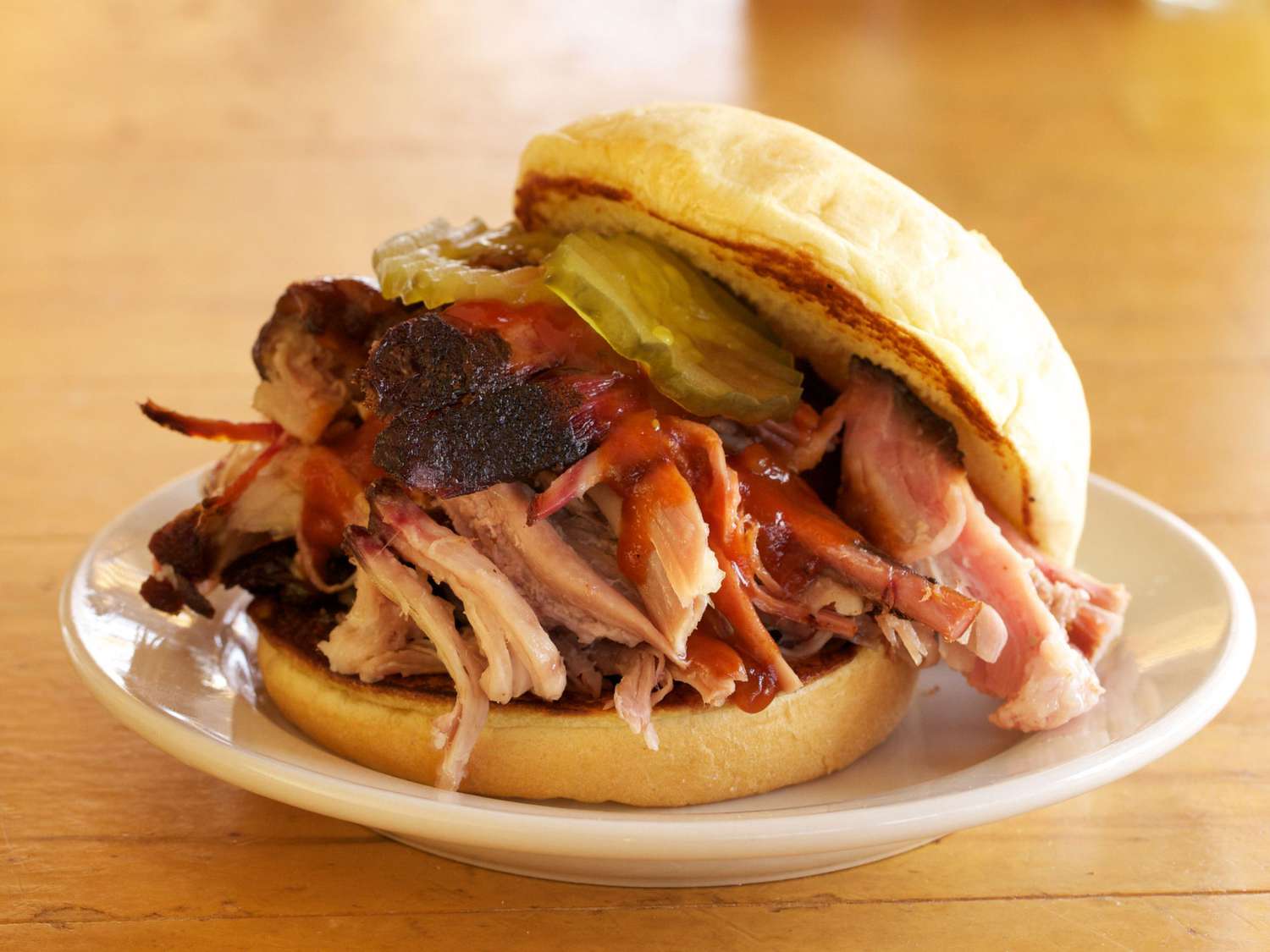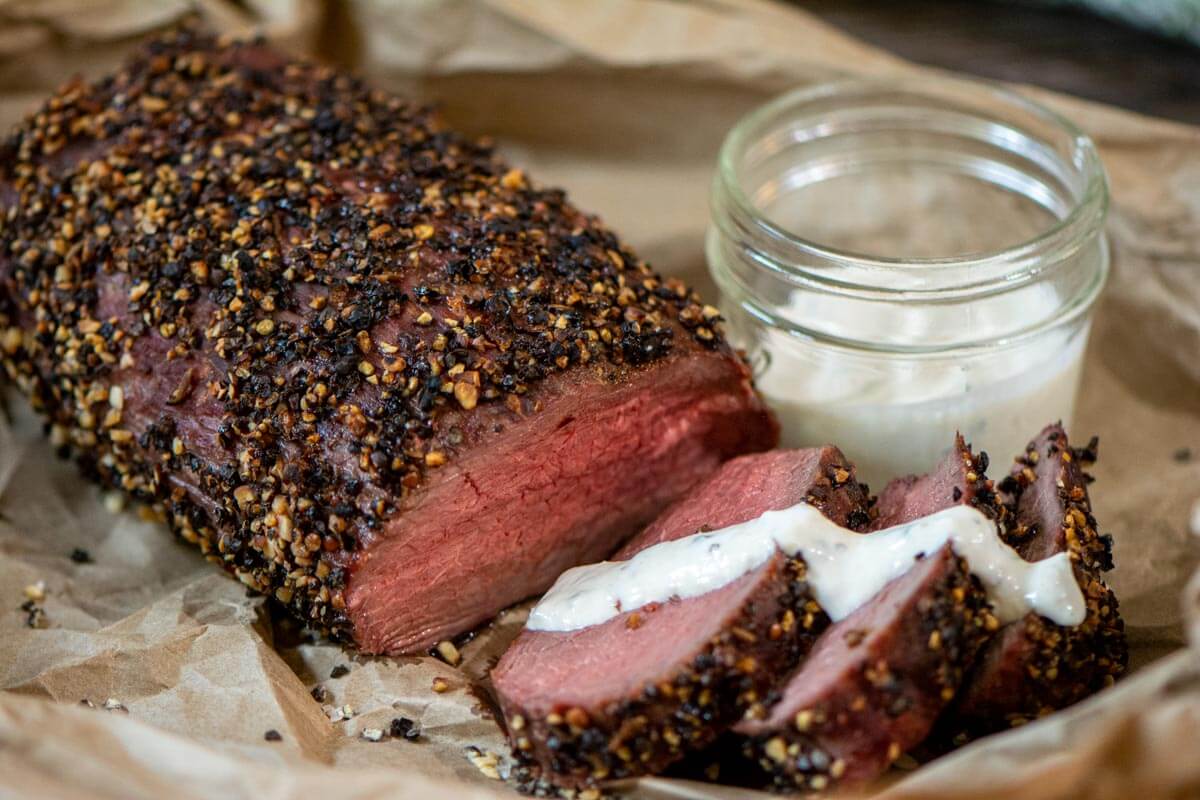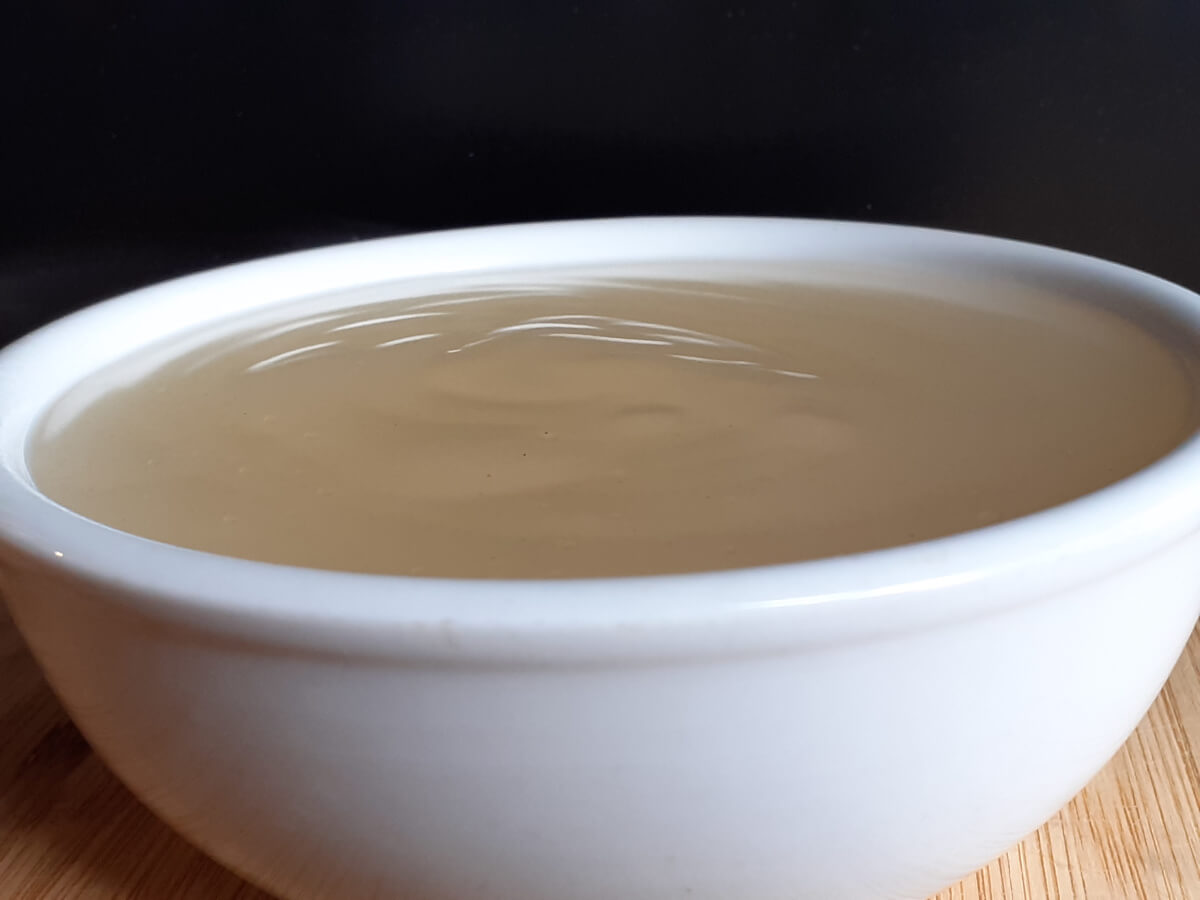Understanding 90 Seconds in a Microwave
When it comes to cooking or reheating food, the microwave is a convenient and quick option. Many recipes and food packages provide instructions for microwave cooking, often specifying a time such as 90 seconds. But what exactly happens in 90 seconds in a microwave, and how does it affect your food?
How Microwaves Work
Microwaves use a form of electromagnetic radiation to heat and cook food. When you set the timer for 90 seconds and press start, the microwave emits microwaves, which are a type of radio wave. These microwaves are absorbed by the water, fats, and sugars in the food, causing them to vibrate and generate heat. This heat then cooks or reheats the food quickly and efficiently.
The Impact of 90 Seconds
When you place your food in the microwave and set it for 90 seconds, several things happen during this short timeframe:
- Heating: The microwaves penetrate the outer layers of the food and begin to heat the water molecules inside. This initial heating starts the cooking or reheating process.
- Cooking or Reheating: Depending on the type of food and its initial temperature, 90 seconds may be sufficient to fully cook or thoroughly reheat the item. For example, a small bowl of soup or a single serving of leftovers may be ready to eat after 90 seconds in the microwave.
- Uniformity: One challenge with microwaving food is ensuring that it heats evenly. In 90 seconds, the microwave’s rotating plate or turntable helps distribute the heat, ensuring that the food is heated uniformly.
Factors to Consider
While 90 seconds in a microwave can be adequate for certain foods, it’s important to consider the following factors:
- Food Type: Some foods may require more or less time to cook or reheat properly. It’s essential to follow specific guidelines for different types of food.
- Initial Temperature: The starting temperature of the food can impact the effectiveness of 90 seconds in the microwave. Cold or frozen items may require additional time, while room temperature or warm foods may be ready more quickly.
- Microwave Power: The wattage of your microwave can influence the cooking time. Higher wattage microwaves may require shorter cooking durations, while lower wattage models may need more time.
Final Thoughts
So, what exactly is 90 seconds in a microwave? It’s a brief yet impactful period during which your food is heated, cooked, or reheated using the power of microwaves. While it may seem like a short amount of time, understanding the science behind microwaving food can help you make the most of this convenient kitchen appliance.
Next time you’re preparing a quick meal or warming up leftovers, keep in mind the role that 90 seconds in a microwave plays in the process. With the right timing and attention to detail, you can enjoy delicious and efficiently prepared dishes with the help of your microwave.
Was this page helpful?
Read Next: What Is Attiéké











